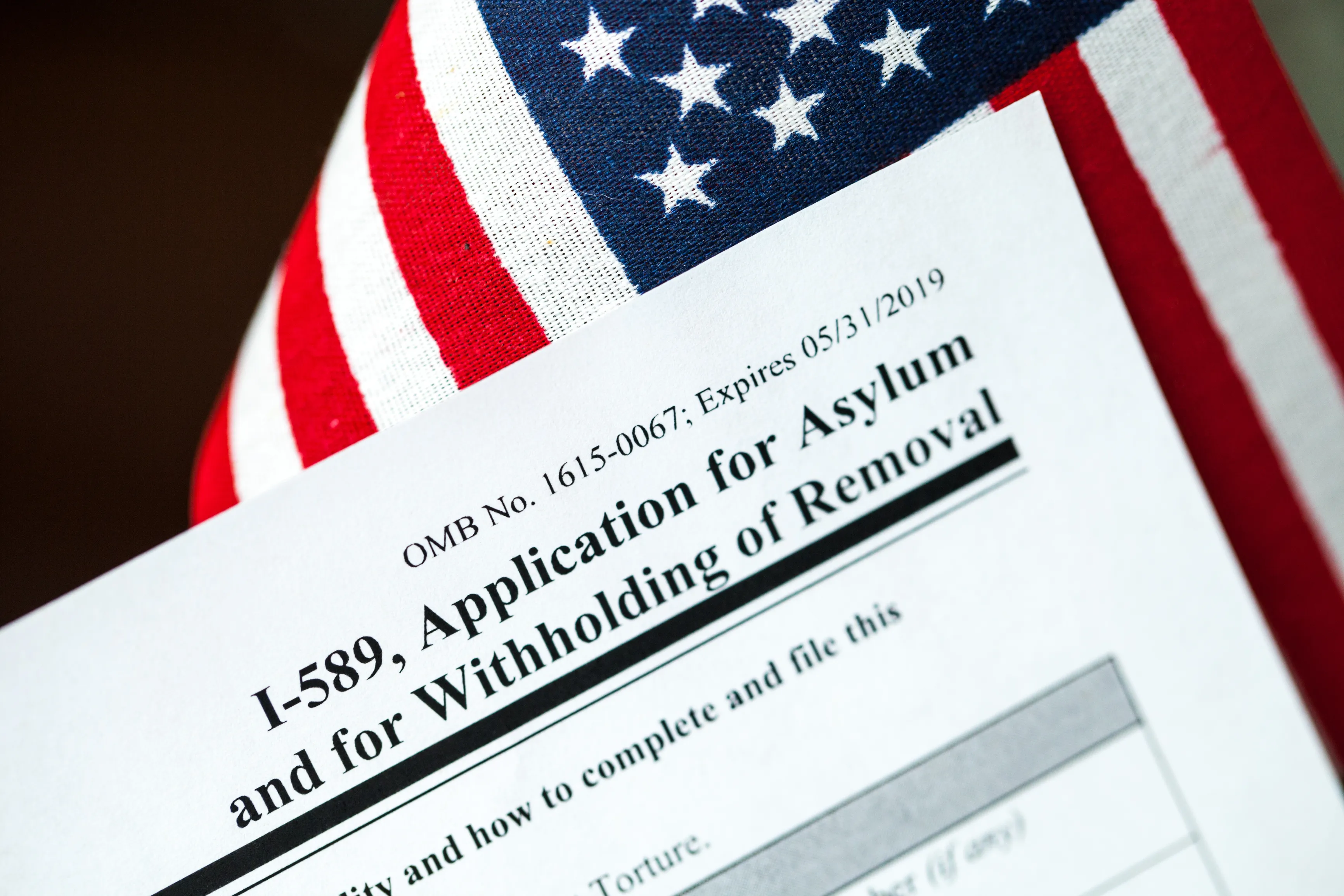
Legislators debate whether to sue over taxpayer's bill of rights
Colorado lawmakers are scheduled in the final days of the legislative session to consider a joint resolution that would require the General Assembly to sue over the state Taxpayer’s Bill of Rights.
The joint resolution only has until Wednesday to pass, before the General Assembly adjourns sine die. It hasn’t moved in the chamber since April 10, when it was laid over.

© iStock - Ligorko
TABOR is the constitutional amendment passed by voters in 1992 that requires voter approval for all tax increases. The amendment also limits state revenue growth to inflation plus the rate of population growth, with the intent of controlling state spending. TABOR also requires any revenue surplus to be refunded to taxpayers.
TABOR “has removed necessary and essential powers of its representative institutions and so deprived the state of a republican form of government,” the joint resolution reads in part.
House Joint Resolution 25-1023 would direct the Committee on Legal Services to hire legal counsel and file a lawsuit to determine TABOR’s constitutionality.
A recent report by the Common Sense Institute, a free-enterprise think tank, details how legislation since 2021 has led to a $2.3 billion reduction in TABOR refunds that would have gone back to taxpayers (an average of $736 per taxpayer).
“The desire of some within the current legislature to weaken or eliminate TABOR, as confirmed by the General Assembly’s treatment of excess revenues and the proposal of HJR25-1023 during the 2025 session, raises questions about TABOR’s value to the Colorado economy,” the report said.
CSI estimates that without TABOR, state government would have spent $9.2 billion more since 2021, and taxpayers would have paid $1.9 billion more in taxes.
Democrats in the legislature blame TABOR for the state’s budget issues, like this session’s $1.2 billion deficit to the $43.9 billion budget bill, which was signed into law last week.
TABOR has faced legal challenges before. A 2011 lawsuit brought by Democrats challenging the constitutional amendment was dismissed in 2021.
Colorado voters have also in recent years signal support for TABOR. Voters rejected a measure in 2019 that would have allowed the state to retain excess TABOR revenue. In 2023, they declined to pass a measure that would have lowered property tax assessment rates and used excess TABOR funds to backfill lost revenue.

















